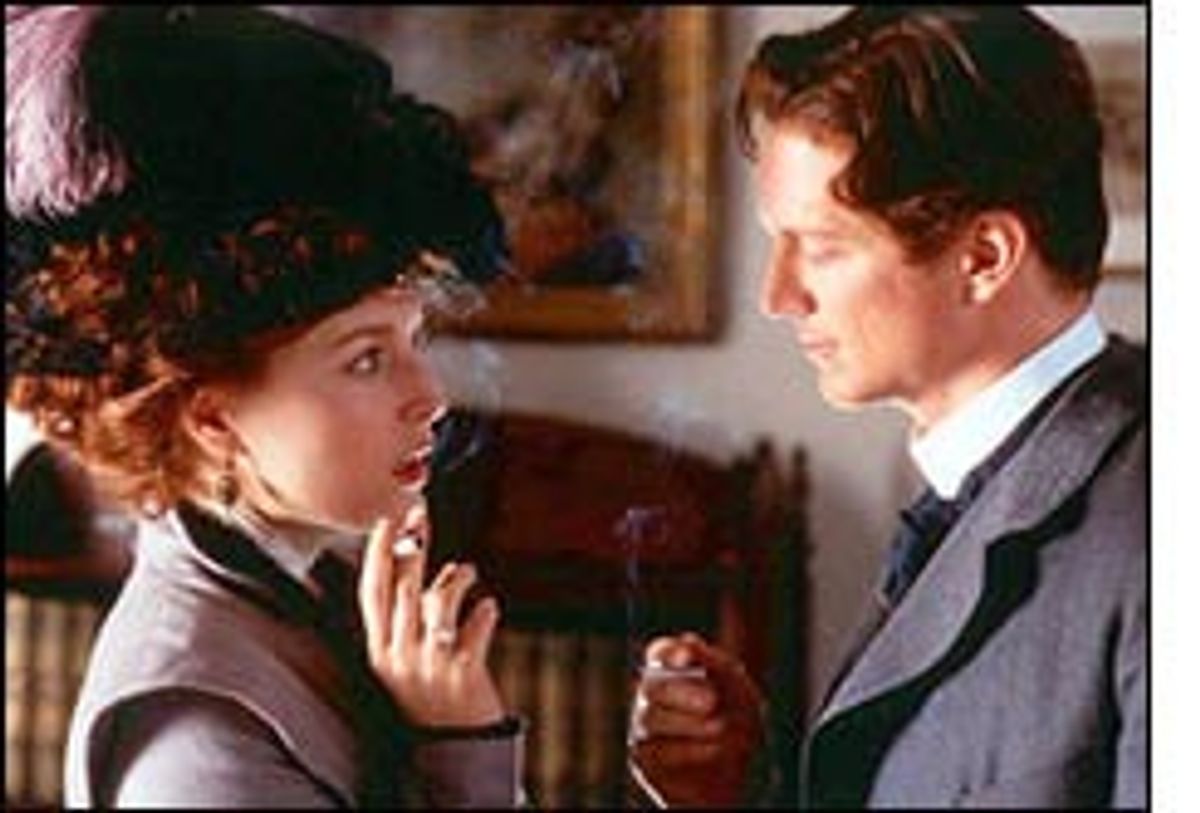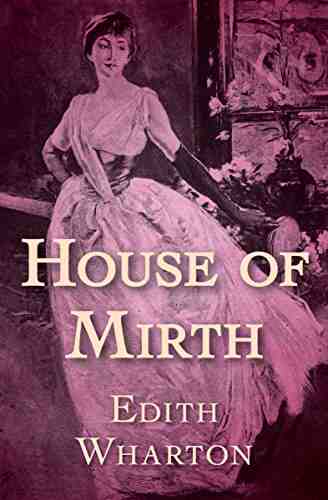


Without the hefty budget that Scorsese had access to ( The House of Mirth cost $10 million while The Age of Innocence cost $34 million), Davies almost created a de facto stage play or chamber piece. If anything, the key feature of The House of Mirth’s artillery is Davies’ own attitude to mise-en-scène, cinematography and editing. Thus Lily’s downfall plays out almost incredulously and as an event of great pathos, because the act of “dethroning” her from the position of beautiful socialite to penniless waif occurs without the characters and Davies’ own diegesis voicing it at every stage. Davies approached the material differently, and correctly portrayed the institutional, almost invisible, “murder” his early 20th-century society inflicts on its protagonist, Lily Bart (Gillian Anderson), by going interior and creating a profoundly quiet film.

Both detail the cruel rituals and repressions of an exalted New York milieu, and though Scorsese’s vision was unquestionably rich and powerful, his over-demonstration of the subtle hypocrisies of his society was anything but subtle. The narrative of The House of Mirth is loosely similar to that other famous Wharton cinematic adaptation: Martin Scorsese’s The Age of Innocence (1993). Wedged in between those two junctures though, and right in the middle of the years where Davies seemed to be British cinema’s persona non grata (certainly from the perspective of gaining industry support for his projects), Davies made the exquisite The House of Mirth, which must surely rank as Davies’ most underrated film, and also one of the forgotten cinematic gems of the new millennium so far. Most Davies devotees would likely nominate his staggering debut Distant Voices, Still Lives (1988) as his best work, or perhaps even the more handsomely mounted recent adaptations of The Deep Blue Sea (2011) or Sunset Song (2015). Whereas Malick is a swooning poet, Davies is a painstaking formalist and classicist, and nowhere was that sensibility better displayed than in Davies’ beautiful Edith Wharton adaptation, The House of Mirth (2000). Of course, the comparisons to Malick can only go so far. Malick), Davies has finally cast aside years in the wilderness and a reputation as an intransigent perfectionist to hit a strikingly prolific late patch in his career.

Davies has a strong claim to the title of Britain’s greatest living filmmaker – he is indisputably Britain’s greatest living literary filmmaker – and much like another great directorial “Terry” ( Mr. It could also be a fitting epigraph for the ethos of its diligent and artful director, Terence Davies. A Quiet Passion is not only the title of the Emily Dickinson biopic that comes out on general release this weekend.


 0 kommentar(er)
0 kommentar(er)
